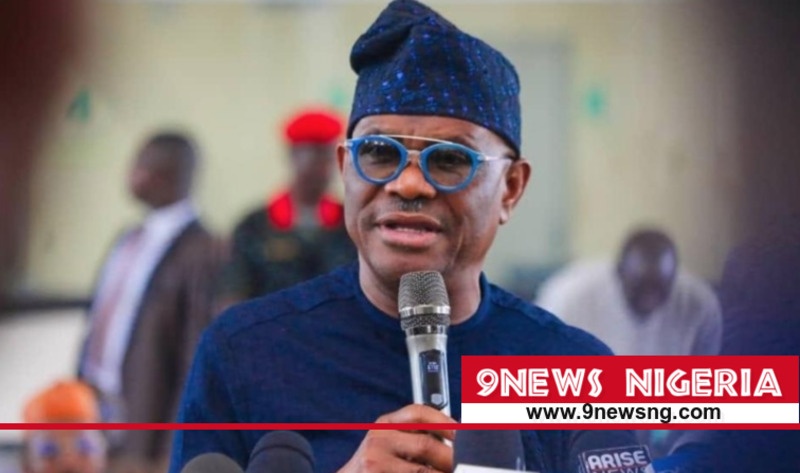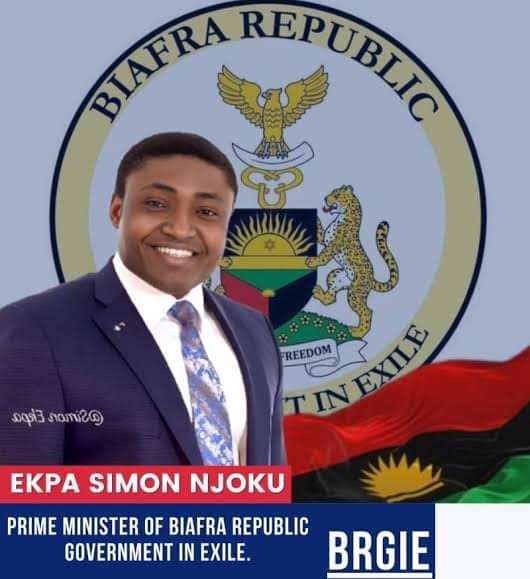Rio Olympics 2016: Ibtihaj Muhammad on hijab, Donald Trump & Muhammad Ali
(BBC) She gave the First Lady a fencing lesson, just two weeks after being asked in the street if she was going to blow something up.
Now Ibtihaj Muhammad is preparing for the “defining moment” in her life – becoming Team USA’s first female Muslim Olympian.
“In this particular political climate in the history of this country, it is groundbreaking to have a Muslim woman on the US team,” Muhammad tells BBC Sport.
“I am excited to challenge the stereotypes and misconceptions people have about Muslim women. I want to show people that we can not only be on any Olympic team, but on the US Olympic team which is the strongest of the world’s teams.”
Many feel politics and sport is a murky combination and should never mix, but Muhammad is more than happy to give her views on both subjects.
“As a global community, we have to work harder to change our current situation. It is an unhealthy one,” she says.

There were a spate of attacks in the US and Europe last month with eight American police officers shot dead in two separate incidents in revenge attacks for the killing of young black men by police.
In France, 84 people were killed when a lorry ploughed into a large crowd in Nice on Bastille Day, while a priest was killed after two armed men stormed his church in a suburb of Rouen. Responsibility for both attacks was claimed by so-called Islamic State.
In Germany, 10 people died and dozens injured in separate gun, bomb, axe and machete attacks.
What is causing the “unhealthy situation” she refers to?
“A lot of it is misunderstanding,” adds Muhammad, who was born and raised in New Jersey. “Misunderstanding of religion, of what different societies need in order to thrive.
“The problems have been going on for so long and it feels like it is coming to a head. In these moments, you become thankful that the sound of gunshots or bombs are not a normal part of your life.
“I see what sport has done for me as an American, growing up in middle-class America. When I consider other individuals who are not as fortunate as I am, whether that is access to clean drinking water, or access to education, I think that sport has the ability to change lives.
“If I can be a source of inspiration to not just Muslim youth, but to other kids who have been told they don’t belong because they were different… if I can encourage women to be active, then that is a positive thing.”
| Who is Ibtihaj Muhammad? |
|---|
| Born: 4 December 1985 in Maplewood, New Jersey |
| Sport: Women’s sabre fencing, individual and team |
| World ranking: 8 |
| USA ranking: 2 |
In the lead-up to the Olympics, there has been plenty of media attention on Muhammad for her historic feat. Such has been her impact that Time magazine included her in their 2016 list for 100 most influential people, while credit card company Visa have put her at the forefront of their advertising.
But her sporting skills have almost been overlooked.
From being ranked 113 in the world during the 2007-08 season, the 30-year-old has climbed to a career-high position of eighth this season, winning the Pan American title in June after two-time Olympic gold medallist Mariel Zagunis withdrew because of injury.
Two years earlier, she had won gold for USA in their team sabre event at the World Fencing Championships in Russia.
“Competing at the Olympics was never a thought of mine. I never considered it or thought about it,” says Muhammad, whose family will travel to South America to watch her in action.
“But this is a defining moment in my life, I am excited to represent not just myself, my family and my country – but also the greater Muslim community. ”

Muhammad’s selection for the fencing team comes at a time when the prominence of women has, arguably, never been greater in politics and sport. The UK has only its second female Prime Minister in Theresa May, Germany has Angela Merkel as its leader and Hillary Clinton is bidding to become USA’s first female president.
Even the post of Fifa general secretary, one of the most powerful jobs in football, has gone to a woman, Fatma Samoura, for the first time.
Muhammad’s uniqueness as an athlete extends to her wearing the hijab, a head scarf covering in accordance with her religion. In fact, she stumbled into the sport of fencing at the age of 12 as it was the easiest sport that allowed her to compete by covering her whole body, without having to make adjustments to the uniform.
In a country where only 1% of the total 324 million population are Muslim, Muhammad feels comfortable in being open with her beliefs and what the hijab means to her.
Prejudices come with this too. At a fencing event in Texas, she was asked to remove her hijab, while in April a man in the street asked if she was going to blow something up as she looked suspicious.
However, such is her popularity, she was invited to a function at the White House for the festival of Eid, which marks the end of the fasting month of Ramadan. President Barack Obama jested there was “no pressure” on her shoulders in competing at the Olympics with a hijab.
Muhammad also gave Obama’s wife Michelle a fencing lesson in New York, when marking 100 days to the start of the Olympics.
| What is the hijab? |
|---|
| Hijab in Arabic means “to cover” |
| Muslim women are required to observe the hijab in front of any man they are allowed to marry |
| The hijab does not need to be worn in front of other Muslim women |
| Read further about the hijab |
“The hijab is very much a part of who I am and definitely helps me in my relationship with God and with my own spirituality,” she says. “It is a personal choice and a personal relationship you have with God.
“Wearing the hijab is a reminder to myself, in a society that is not predominantly Muslim, of being aware of your own religion. Being in sport, it is part of my journey and as an individual, the hijab has always felt right for me.
“It is not forced upon women, especially in the US, and is a conscious decision that I am making.”
Last month, The Sun published an article questioning why a Muslim woman wearing the hijab was a news reporter on the attacks in Nice.
Meanwhile, Republican US presidential candidate Donald Trump, who proposed a ban on Muslims entering the country early in his campaign, came in for criticism for comments made about a hijab-wearing mother of a dead US soldier, suggesting she was not allowed to speak during a speech made by her husband at the Democratic convention.
Asked where she would go if Trump was elected and ordered Muslims to leave the country, she replied: “I don’t know.
“Public and government figures need to change the rhetoric.”

The question is posed to her if she can be seen as the female Muhammad Ali: someone of African-American background, vocal in her political views and competing for the USA at the Olympics.
Regarded as one of the greatest sportsman of all time, Ali died earlier this year at the age of 74 and Muhammad says it has changed the way she feels about herself as an athlete.
“If I can be a fraction of who Muhammad Ali was, what he stood for as a pacifist, as an athlete and as an American, then I would be grateful and happy to do that,” she says.
“People did not want well for him not because he was an amazing boxer but because of his skin colour. He still found strength to speak up and was not afraid and truly believed in his journey.
“It reassured my sentiments and feelings that I owe it to my community to speak up against these things but I don’t feel I can for a second be compared to Muhammad Ali.”
A gold medal in Brazil, though, may go a long way to doing just that.
Ibtihaj Muhammad will compete for Team USA in the women’s sabre fencing heats on Monday, 8 August, which start at 12:50 BST.











